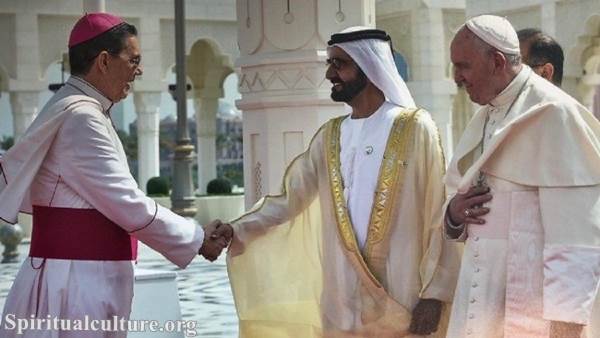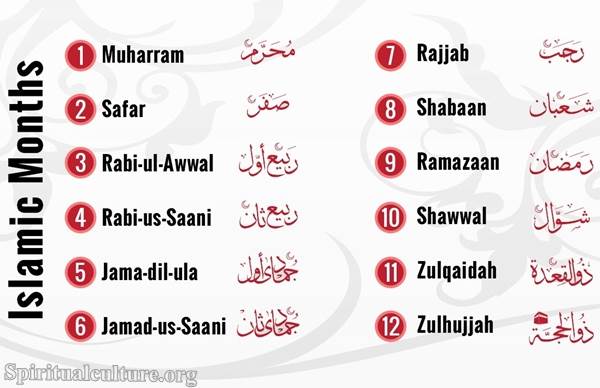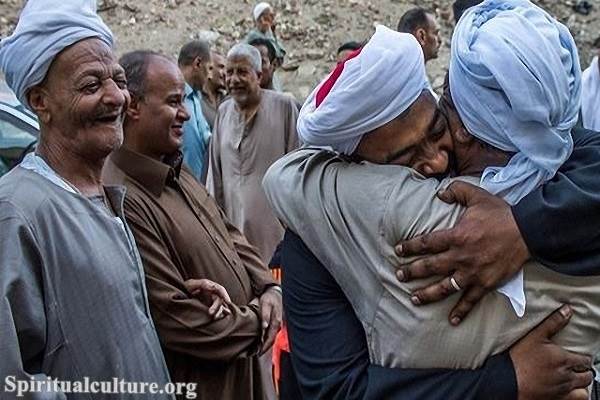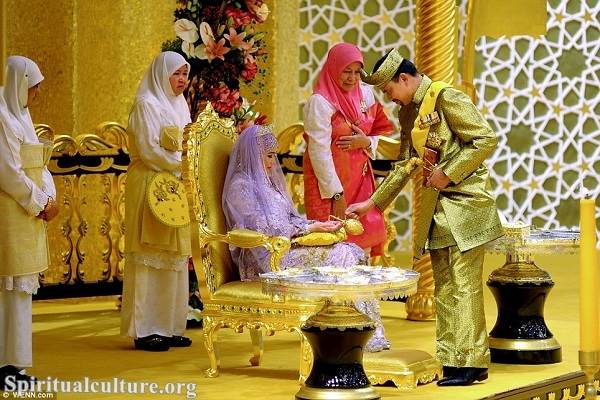In a Christian-Muslim marriage, both partners have the right to practice their own religion and raise their children in the faith of their choice. However, this can sometimes lead to disagreements and tension between the two partners. To navigate these challenges, it’s important for both partners to have open and honest communication, mutual respect, and a willingness to compromise and learn about each other’s beliefs. This can include attending each other’s religious services or participating in religious celebrations and rituals together.

In some cases, there may be cultural differences as well as religious differences that need to be taken into account. For example, the way in which each partner views gender roles, family dynamics, and marriage itself can be very different based on their cultural and religious backgrounds. In order to successfully navigate these differences, it’s important for both partners to have open and honest communication, to be patient and understanding, and to be willing to compromise.
In some cases, interfaith marriages may also raise concerns from family members and members of the community. It’s important for both partners to stand by each other and support each other despite these challenges, and to seek guidance from religious leaders or marriage counselors if necessary.
Ultimately, a successful Christian-Muslim marriage requires commitment, patience, and understanding from both partners. With these qualities, couples can build a strong and loving relationship that transcends religious differences.





